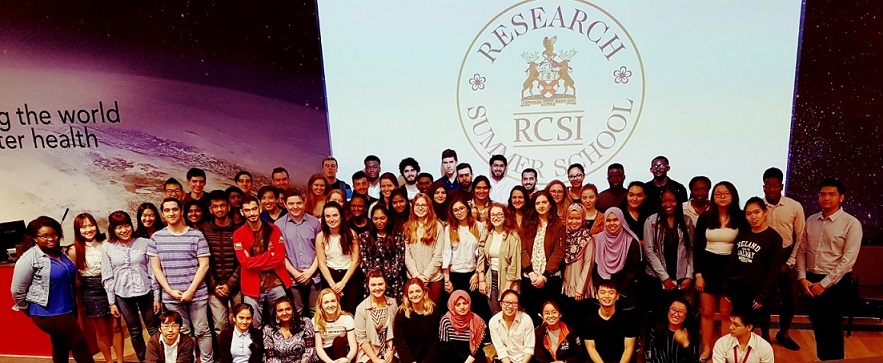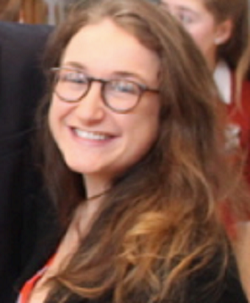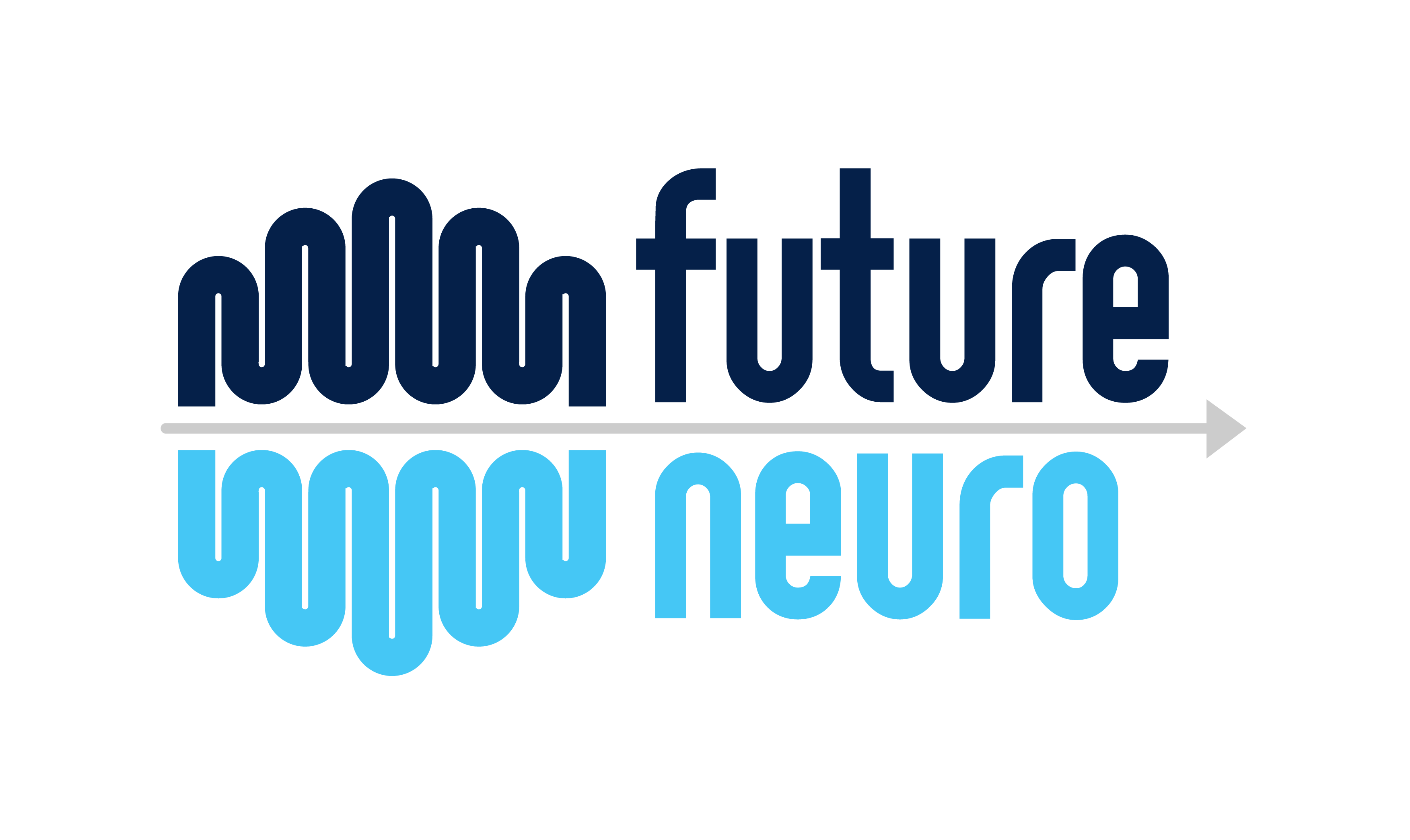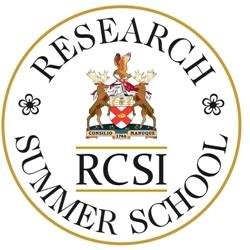Meet The FutureNeuro Centres 2018 RCSI Summer Students!

The FutureNeuro Centre are delighted to be participating in the Royal College of Surgeons Research Summer School for the first time. The Research Summer School Programme provides undergraduate students an opportunity to become involved in research projects during the summer months. The four students chosen by the FutureNeruo Centre will spend eight weeks in laboratory or clinical setting, working on a research project under the supervision of one of the centres Principal Investigators.
The eight-week programme includes Research Skills Workshops and a hands-on approach to learning what life in research and a career in academic might look like. Students will also participate in the Friday Discovery Series, where the students directly interact with well-known and established researchers, as well as other students that are participating in the programme.
During the summer, students are highly encouraged to participate in laboratory/clinical meetings, data analysis and journal clubs. At the end of the eight-week project students are required to submit an abstract, a completed poster and a PowerPoint presentation of their research findings. It is an exciting and busy summer ahead for Jack, Therese, Sarah and Sorcha!

Jack Banks: I graduated from the BSc. Human Health & Disease degree programme from Trinity College Dublin in 2018.
I am currently researching the development of technology to improve medication adherence in patients with epilepsy. Non adherence to anti-epileptic drugs (AED’s) is an omnipresent issue associated with the chronic management and treatment of epilepsy, with research indicating up to 50% of patients with the condition display non-compliant behaviour. The reasons for non-adherence are myriad, and involve factors derived from the patient, physician and healthcare system.
My project aims to explore each of these factors and create participatory action research groups (PAR’s) of epilepsy patients, where granular data on the subject can be generated. This data will then be used to develop mobile and other technologies for patients with epilepsy to improve medication adherence and chronic management of the condition.
Sorcha Lynch: I have just completed my third year studying Medicine at UCD where I am an Ad Astra Academic Scholar. I am delighted to be getting some fantastic research experience in Prof. Henshall’s lab in York Street, looking at the link between miR levels and epilepsy. It is great to have the opportunity to put my theoretical knowledge about molecular biology into practice and to learn many valuable laboratory techniques. FutureNeuro is such an exciting research centre. It is fascinating for me to see work carried out here that will really change the way neurological diseases might be treated and detected in the near future.


Therese McCann: I will be graduating from Trinity College Dublin this coming November with a B.A. (Mod.) in Genetics (First Class Honors). I am carrying out my FutureNeuro summer studentship in RCSI under the supervision of Professor Gianpiero Cavalleri. My project is focused on the genetics of epilepsy. In particular, my project will involve an investigation into the contribution of somatic mutation via bioinformatic analysis of next generation sequencing data derived from epileptogenic tissue.
Sarah O’Grady: I am an incoming Senior Sophister student in Human Genetics at Trinity College Dublin and for my summer internship I am studying the role of Blood-Brain Barrier (BBB) dysfunction in epilepsy in the lab of PI, Professor Matthew Campbell.
The BBB forms a protective barrier in the brain by separating the peripheral blood supply from brain tissue and strictly controls which substances can enter and leave the brain. At some point before, during or after a seizure, the BBB becomes disrupted. The aim of my project is to study the tight junction proteins, which regulate the permeability of this layer, using a variety of quantitative and qualitative techniques. In addition, I will study the surrounding microenvironment including neurons and astrocytes and characterizing the molecular environment of the BBB, in an attempt to further our knowledge of how it is affected by seizures and how it can lead to, or is possibly caused by, status epilepticus (epilepsy). Such information can be essential in the development of therapeutics, especially as 30% of epilepsy patients do not respond effectively, or at all, to antiepileptic treatments, likely due to an inability to cross the BBB.
This placement is supported by the FutureNeuro centre at RCSI and was undertaken at the Smurfit Institute of Genetics at Trinity College Dublin.”



